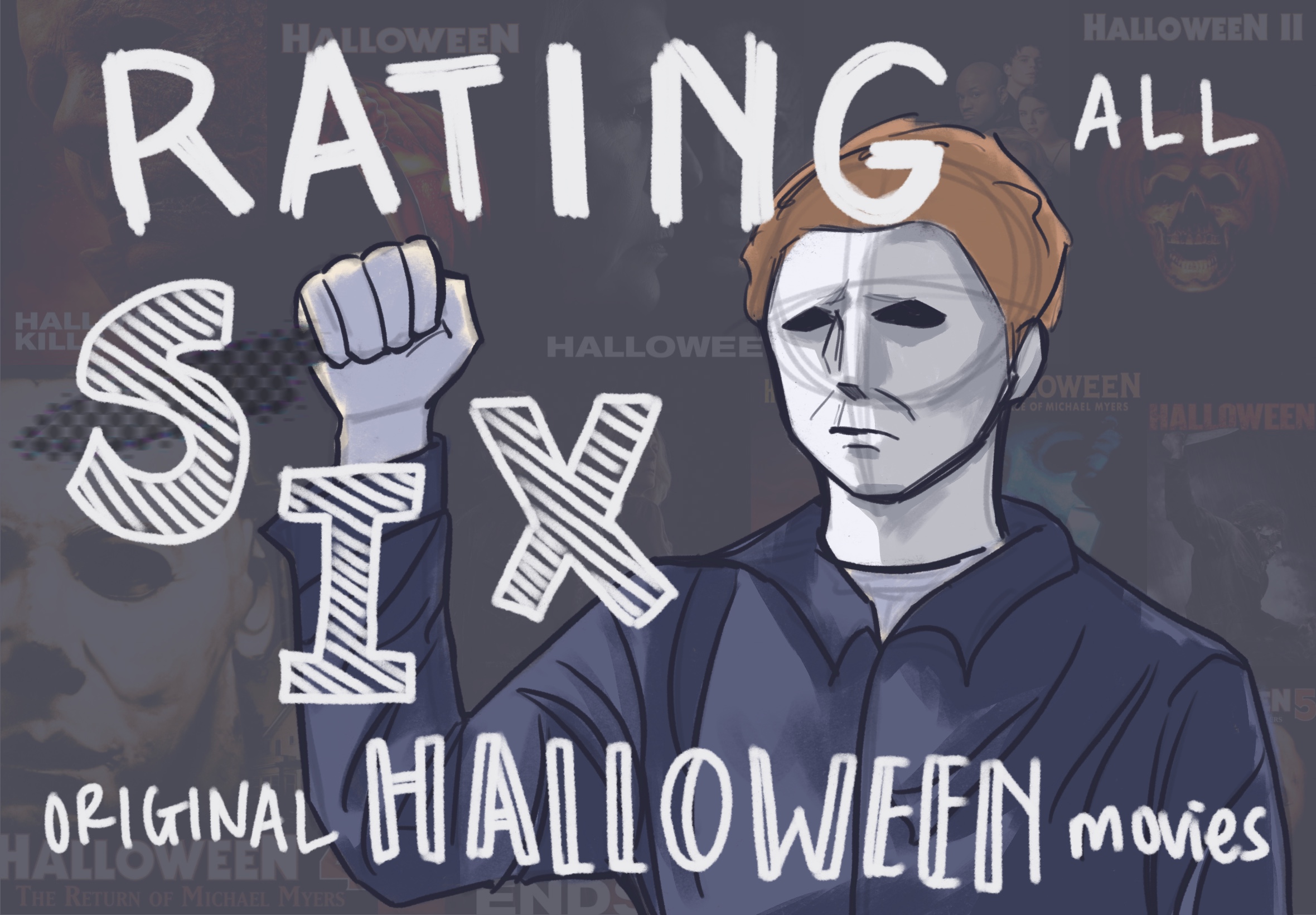
Moneyball is a sports drama film recounting the inspirational true story of Billy Beane, general manager of the Oakland Athletics during the 2002 baseball season. Unlike other sports movies, Moneyball focuses less on individual aspects of players, and more on the strings pulled behind the scenes of the industry.
Beane, played by Brad Pitt, attempts to re-invent the game of baseball by building a low-budget underdog team based on player statistics instead of buying big name free agents. This strategy is often referred to in baseball as Sabermetrics, involving objective analysis of various players to measure their ability to score. Beane’s methods were bold due to the huge risk he undertook to carry out his plan.
Although Beane’s unconventional approach to the game resulted in overall loss for the season, he did more than just change the game of baseball – he rediscovered a piece of himself he lost while being too caught up in his work.
The themes of Moneyball reach beneath the surface of baseball. Billy Beane was a prodigious baseball player at a young age and made a life changing decision at a young age. He chose to play in the major leagues instead of accepting a full ride scholarship offer to Stanford University. The further he was engrossed into the baseball management industry, the more money became involved, and the greater sacrifice he had to take to escape the downward spiral.
In the end, Beane refused a $12.5 million general manager position with the Boston Red Sox, and instead stayed home to take care of his family.
Music heavily influences the scenes of the movie. Throughout the film, post-rock track “The Mighty Rio Grande” by artist This Will Destroy You serves as a recurring motif for sentimental moments. The song starts with soft guitar plucks, slowly builds up with a drum entrance, and then dies down back into strings. It fills up silent parts of the movie by expressing the tension and resolution involved in each scene.
“The Show” by Lenka is also a key element in Moneyball. It is first heard in an acoustic cover by Beane’s daughter. The playful tune serves as a constant reminder that brings Beane back in touch with his family life. Towards the end of the movie, Beane’s daughter changes the lyrics to “…you’re such a loser dad” in a good-humored, yet symbolic line. Upon hearing the words sung by his daughter’s voice, Beane comes to the realization that his obsession with winning dehumanized his inner self.
Moneyball touches the hearts of audiences beyond the average sports crowd. The emotional film explores deeper aspects of life, while at the same time highlighting the often forgotten concept of enjoying the simple things in life.




